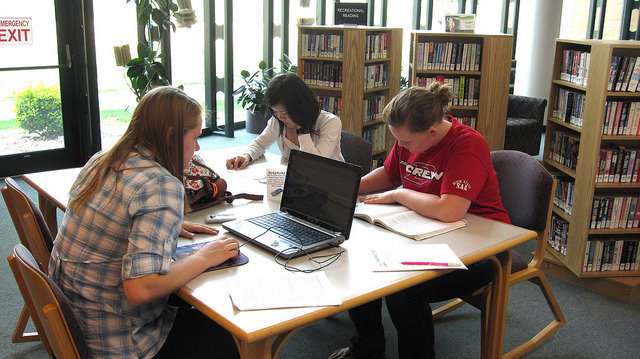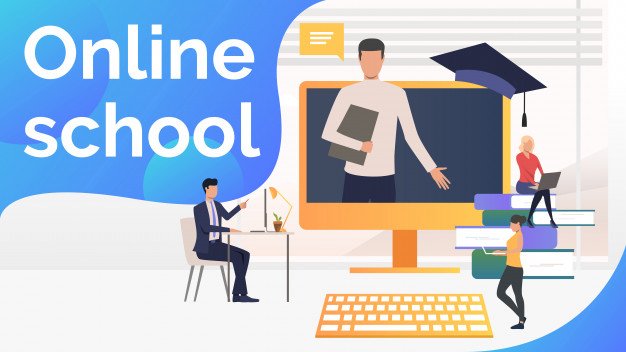Far from being a distraction to the overall learning process, the simple act of laughing is a great way to relieve the tension and stress that comes along with the whole college experience. A recent phenomenon has seen very popular comedians refuse to perform on college campuses due to the “safe space” culture that has taken hold, so where can students go to have a laugh? The internet, of course, and this short guide will discuss a few of the more popular college humor websites to visit and waste countless hours on.
CollegeHumor.com
Let’s just get this one out of the way fairly quickly. You probably already know about it, and it is almost certain that a bunch of your Facebook friends has sent you links to it, but it needs to be mentioned in this list anyway.
Cracked.com
This website has been around for a while and has stood the test of time by continuing to produce funny and original articles from a variety or contributors. For example, while you are taking a break from studying or trying to get past a hangover, you could learn from pieces of wisdom such as “Why the laws of robotics would defeat Robocop”, and other gems including “Why we’ll definitely insult aliens when we meet them”. Okay, so you may not be getting any smarter by reading this website, but you will probably find something to laugh about.
Oddee.com
Weird things can be funny, and that is what Oddee is all about. Have you ever been involved in a heated debate among friends over which Wikipedia page is the sexiest of all? Then have no fear, as you now have an answer in the form of “8 Sexiest Wikipedia Entries”. All of this and more of the mysteries of life come under the microscope in what usually ends up being a fun way to waste a bit of time while you wait for a bus or what have you.
TheOnion.com
Another giant in the fields of comedy and satire, The Onion brings you news stories that aren’t really real… but you could have sworn what you just read could have actually happened. Of course, you don’t need to be a college student to enjoy things like this, but the intelligence that goes into crafting these satirical news stories is something that you will surely appreciate.
FunnyOrDie.com
If you’re really tired, stressed out, and you just want to sit back and have a laugh then perhaps the idea of reading funny articles does not appeal to you. That’s where the Funny Or Die website comes in, with plenty of videos that often feature famous celebrities. The topics are generally taken from current events, TV shows, and movies.
This is really just scratching the surface when it comes to the number of funny websites online that cater to the college-age crowd. If you’re still looking for another option after checking out these websites then just ask around in your circle of friends, or pay attention to what they’re posting on social media to see the newest funny stuff.
Read More:






















